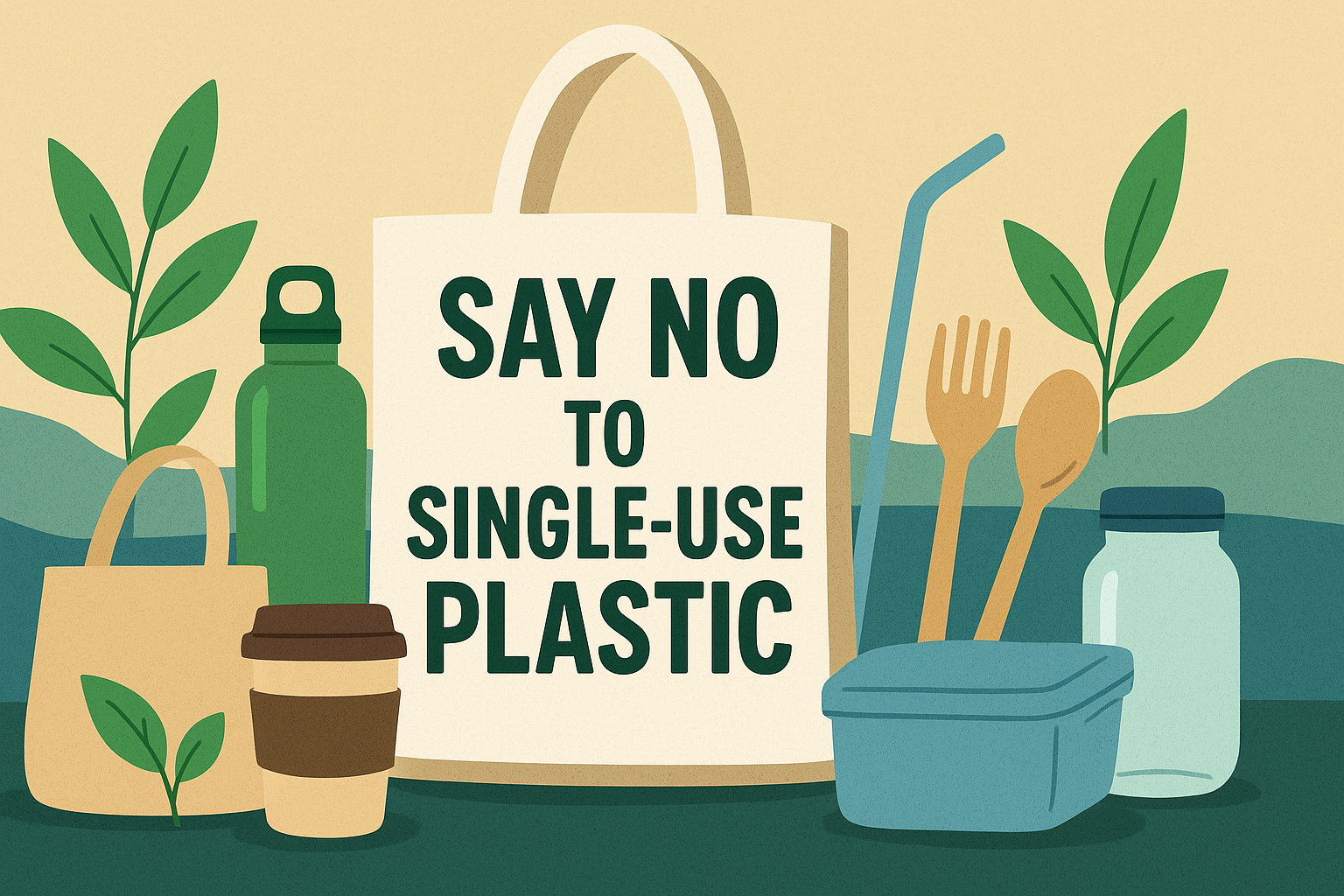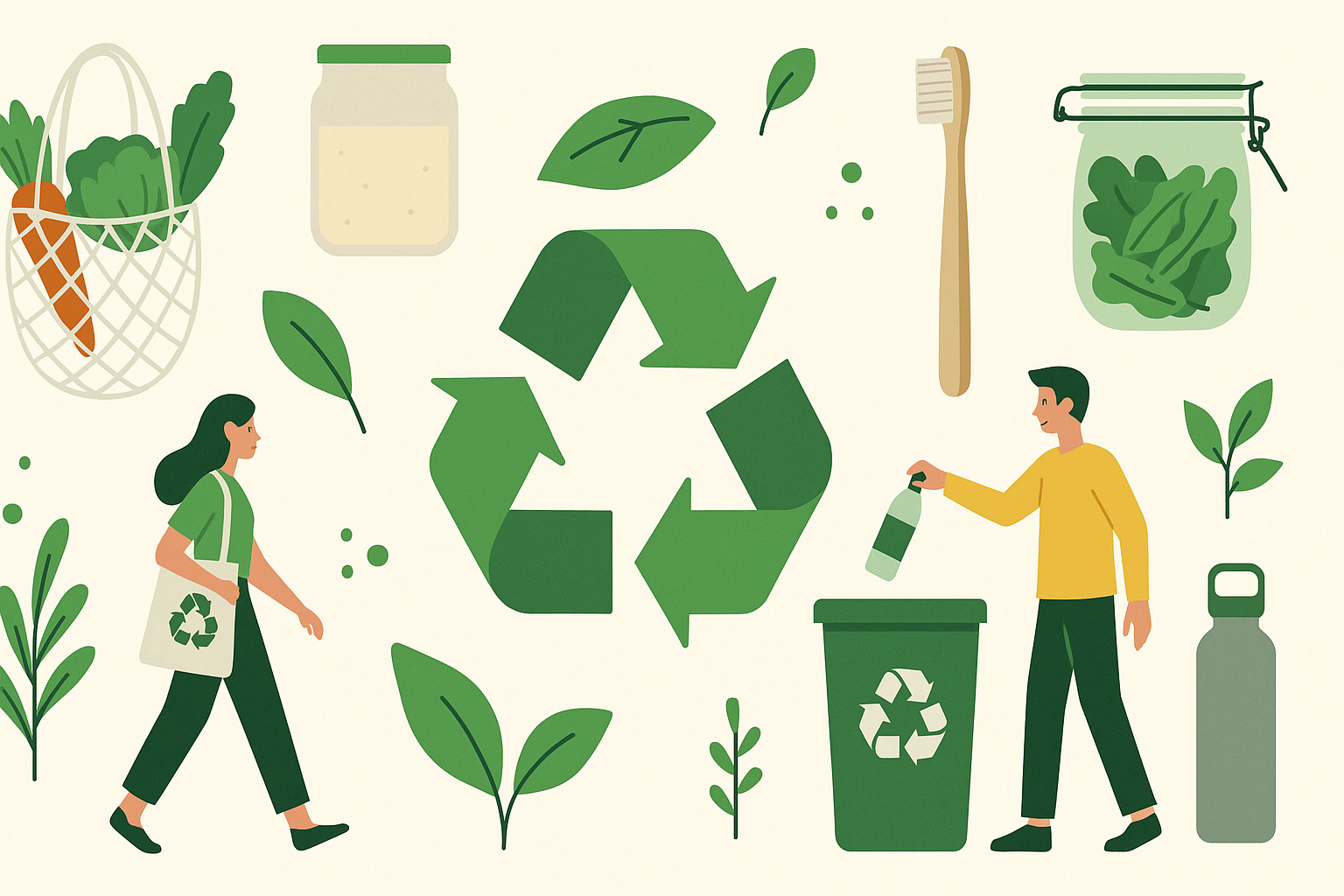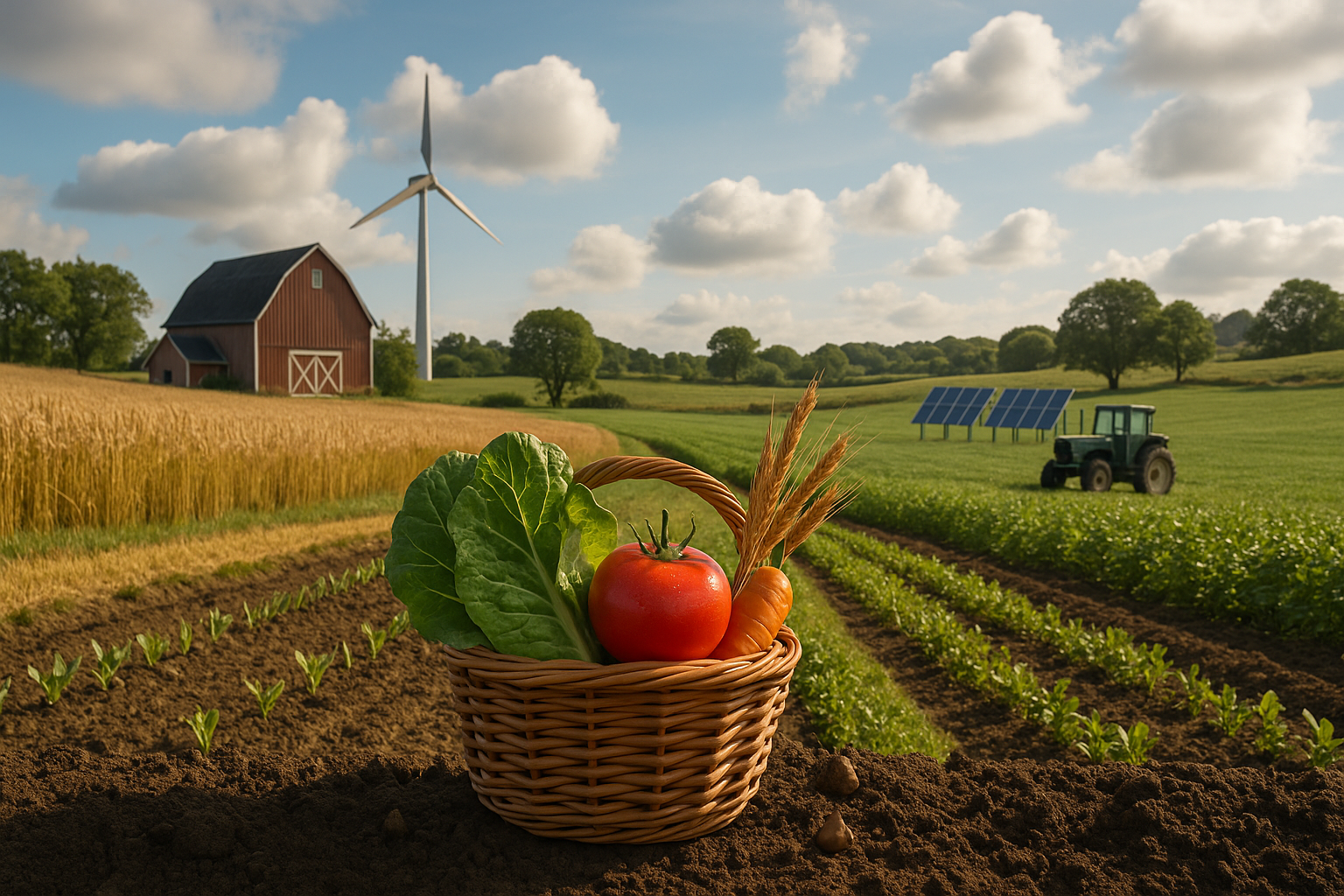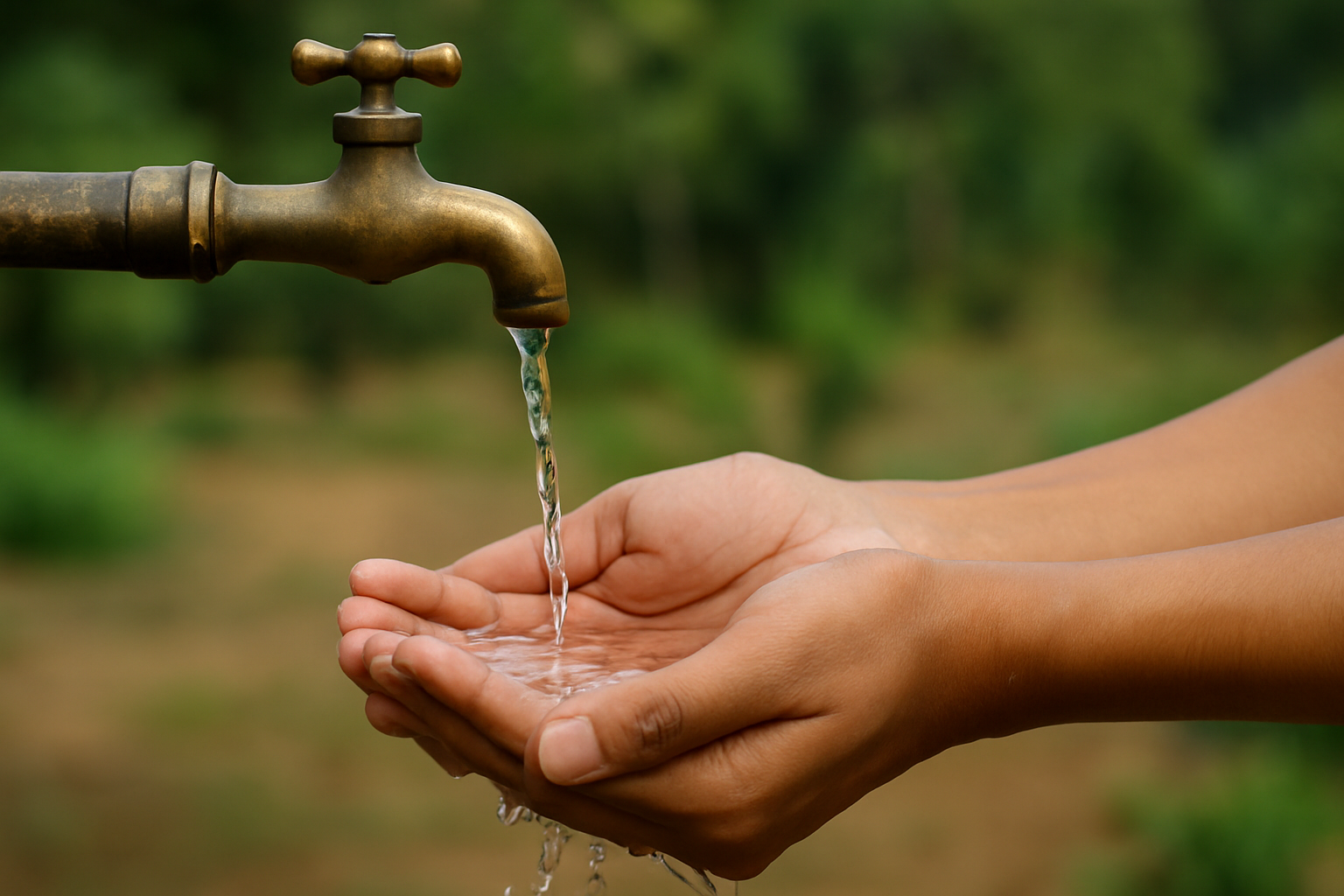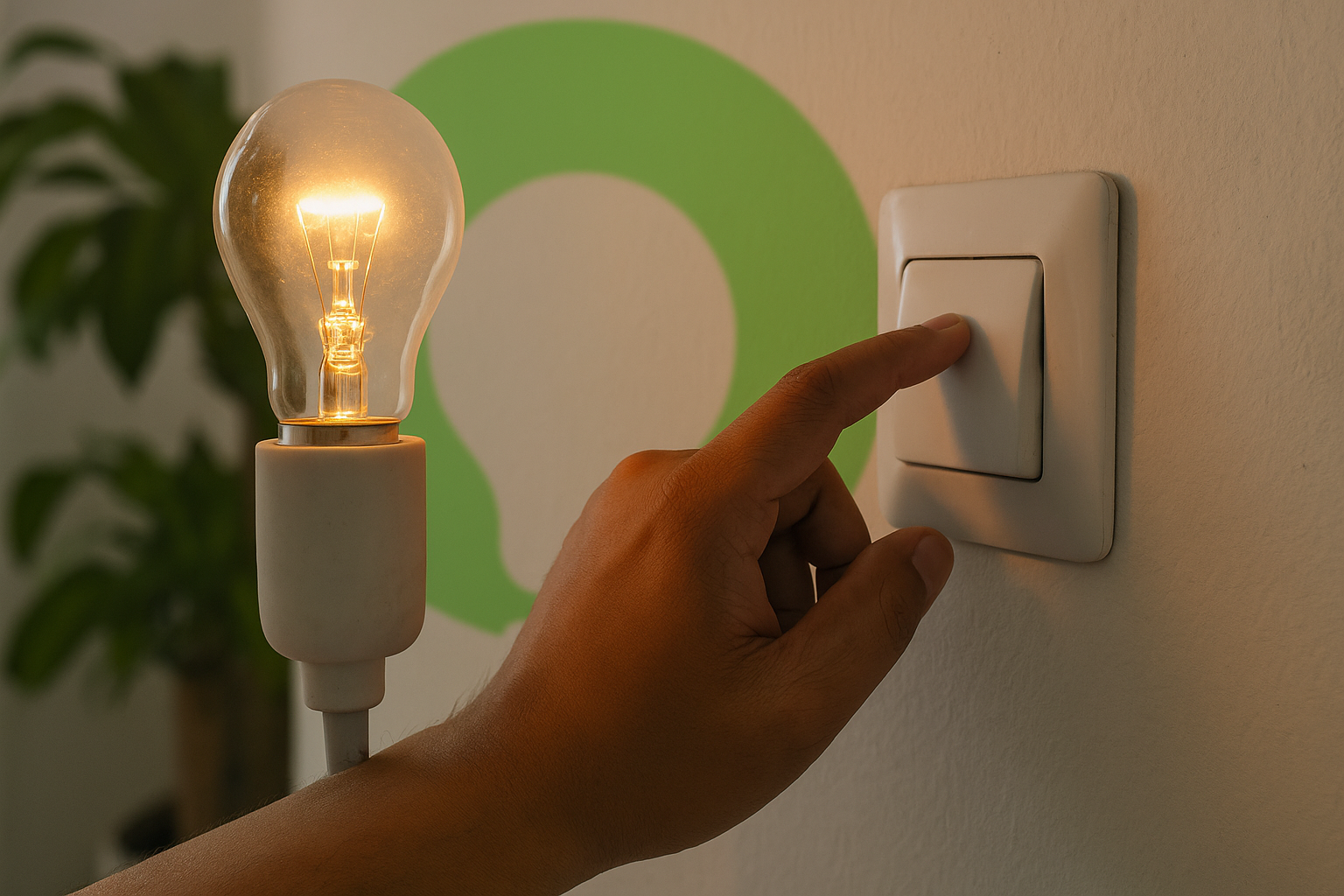Plastic is the paradox of our age: a substance so practical, yet so deadly. From bags and wrappers to bottles and knives, single-use plastics are meant for convenience but earmarked for catastrophe. They last us minutes, occasionally seconds, but on this planet for hundreds of centuries.
The message is unmistakable: refusing single-use plastic is not a lifestyle choice - it's a moral obligation.
The Problem We Can't Ignore
1. A Planet Strangled in Plastic
- 8 million tons of plastic flow into our oceans each year. Picture a truckload of plastic dumped into the ocean every minute - that's our reality.
2. Wildlife at Risk
- Sea turtles confuse plastic bags as jellyfish. Birds are fed bottle caps by their chicks. Whales are found on the beach with plastic in their stomachs. These are not single stories - these are tragedies on a daily basis.
3. Microplastics in Our Bodies
- Invisible plastic particles have found their way into our bloodstreams, lungs, and even into unborn children. The same stuff clogging up oceans is now residing within us.
4. The Climate Connection
- Plastic originates from fossil fuels. Each step - extraction, manufacturing, transport, dumping - contributes greenhouse gases to our already sweltering world.
Why Saying "No" Matters?
It's easy to think that single action won't make a difference. But think about this: one person opting out of plastic bags for a year alone can keep almost 500 plastic bags from entering the waste stream. Now do that neighborhood-wide, city-wide, country-wide. Collective change always begins with individual decisions.
Every "no" to plastic is a "yes" to a healthier world, to cleaner waters, to the integrity of wildlife, and to the future generations who should inherit a world not suffocated by garbage.
Creative Solutions to Single-Use Plastic
This is where conscious living and creative problem-solving happen.
• Reusable bags - Cloth, canvas, or jute bags with personality. Long-lasting, fashionable, and not guilty.
• Water bottles - Stainless steel or glass - healthier for you, healthier for the earth.
• Straws - Bamboo, metal, silicone, or simply none.
• Cutlery on the go - Pocket-sized reusable kits (bonus: eco-warrior vibes).
• Packaging choices - Buy loose produce, support brands with paper or compostable wrapping.
• Food storage - Glass jars and steel tiffins are timeless, functional, and plastic-free.
Small swaps create lasting habits. Habits create culture. And culture drives change.
Building a Plastic-Free Mindset
Think of it as a mindset shift rather than a restriction:
• From convenience to consciousness: Ask yourself, "Do I really need this?" before taking plastic.
• From passive use to active refusal: A gracious "no, thank you" to a straw or bag begets curiosity and influence.
• From consumer to role model: Kids, coworkers, strangers - someone is always observing and learning from your behaviors.
Your Role in the Larger Picture
This is how you can extend beyond personal habits and maximize impact:
• Educate softly: Pass along information via conversations, workshops, or social media.
• Help policy reform: Support government bans and environmental initiatives. Your voice makes a difference.
• Account businesses to: Reward sustainable companies with your dollars. Boycott plastic-indulgent brands.
• Organize clean-ups: Nothing unites people like cleaning up their own parks, rivers, or beaches.
• Lead by example: Be the one who carries a bottle, bag, and cutlery with pride - it makes sustainable living the norm.
Speedy Action Points
• Keep an eco-armor of a reusable bag, bottle, and cutlery with you every day.
• Say no to single-use plastics politely but assertively.
• Education matters more than you realize - so spread awareness with small talks.
• Participate in or contribute to local plastic clean-up initiatives.
• Demand corporate and governmental responsibility.
• Rejoice in progress - no effort is too insignificant.
Conclusion
Plastic pollution is one of the self-inflicted injuries of human beings. But the injury is not irreparable. Every deliberate rejection of a plastic bag, bottle, or wrapper is a thread in the patchwork of recovery.
Convenience should never take precedence over conscience. We have survived centuries without plastic; surely, we can survive without single-use forms of it nowadays. The world does not need a few individuals to live plastic-free in some utopian kind of way - it needs millions to live imperfectly but with awareness.
The decision is up to us, literally. If you find that the next time you are asked if you would like a plastic bag, recall: you are not merely refusing plastic - you are affirming life.
related Articles
Reduce Waste
Waste is currently one of the biggest environmental problems which we are faced with in today's world. Plastic packaging and wasted food, computer hardware and clothing are all products that keep mounting on our planet at a menacing pace. The World Bank informs us that over 2 billion tons of municipal solid waste are generated globally each year, and this is expected to double dramatically unless something is done about it.
Adopt Sustainable Food Systems
In today's fast-changing world, how we produce, transport, and consume food is no longer an individual option but something we have in common. With increasing climate change, natural resources are being depleted, and human beings are growing, so adopting sustainable food systems has become a crying need.
Save Water : Every Drop Counts
Water is life - as straightforward as it gets. Every living organism on this planet, from the smallest ant to the highest tree, requires water to live. And yet we take this wonderful resource for granted. The reality is, fresh water is depleting quicker than we realize. But there is good news: we can turn things around. One drop at a time.
Save Energy: Small Changes, Big Impact
From the lightbulb at home to the phone in your hand, energy surrounds us. But with use comes responsibility. Energy isn't infinite. The more we squander it, the more we harm our world. Energy saving does not just concern the payment of lower bills but securing a better future for ourselves and the generations to come.
